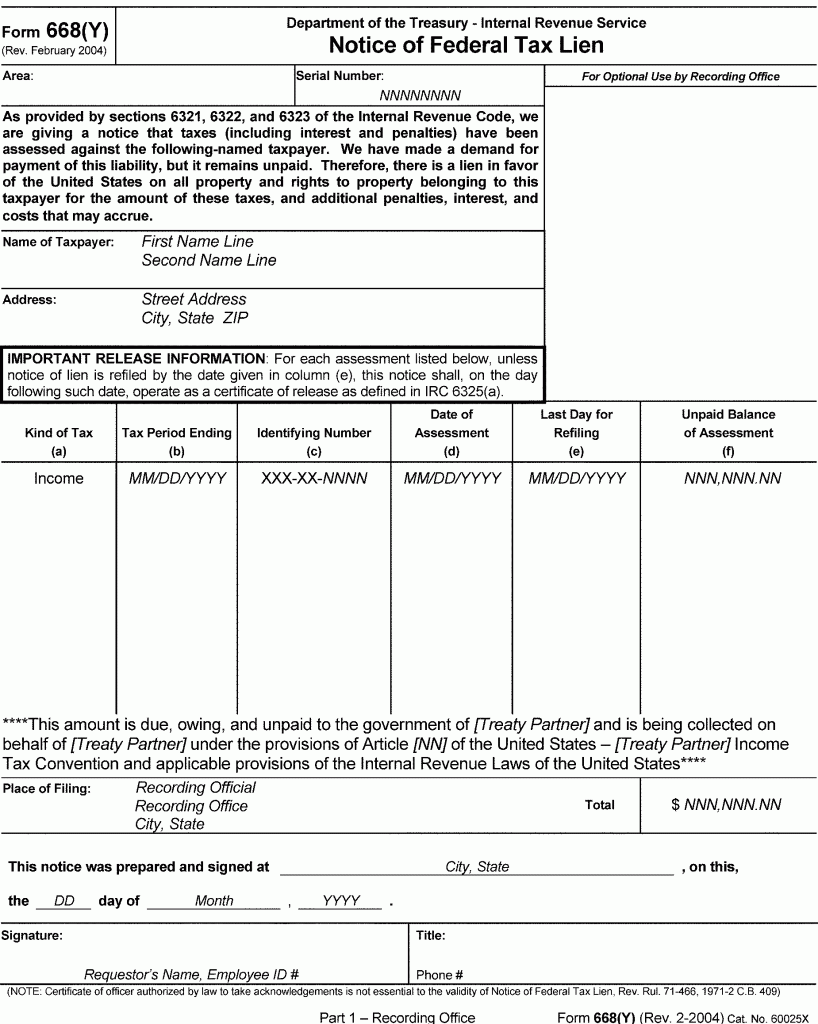Can I adjust my monthly payment plan with the IRS?
Monthly Payment Plan with the IRS
The answer is yes. If you want to send in more, just send the addition amount you want to send. The IRS will always accept more and will not adjust your monthly requirement just because you start paying more. However, remember that no matter how much you send in, you still have to pay the minimal amount due each month. You do not build up any “credit” towards future payments by sending in more.
If you situation has changed and you want to lower your monthly payment plan with the IRS commitment. That is possible too, but it will require a “strategic default.” Before you default on making your payment, you should have a good idea what your new monthly amount the IRS will expect. We advise our clients what their new amount will be ahead of the strategic default. When the default notice comes, we are prepared ahead of time to immediately call the IRS and renegotiate a new payment plan before any levy action is taken against our client’s wages or bank accounts.
There are probably other strategies that you are unaware of that can reduce you monthly payment plan even lower that what you are seeking. If you do not have medical insurance or need a new vehicle you can get your payment plan reduced and improve you living standards as well. If you need help to reduce your monthly payment plan with the IRS, call me for a consultation at 480-926-9300.
Scott Allen E. A.
Tax Debt Advisors, Inc


